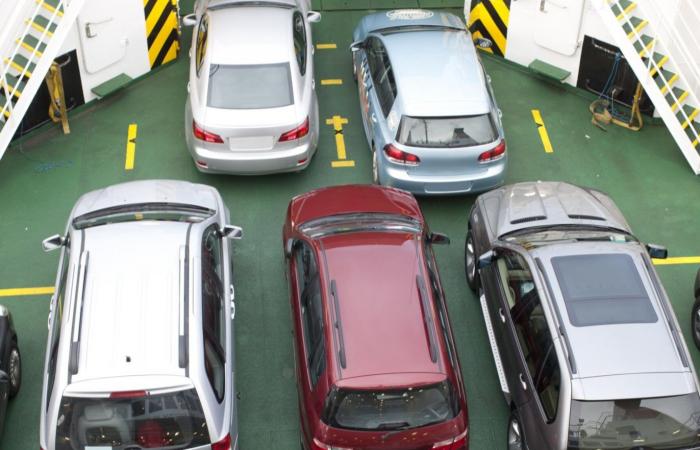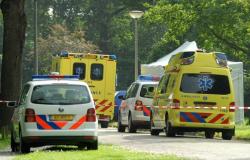An electric car that is on fire is not simply extinguished. Due to the presence of batteries in the cars, the fire can be fueled again and again, which makes extinguishing very difficult. Sometimes electric cars are placed in a so-called immersion bath where they are completely submerged. But on a boat you don’t just have a dipping tank at hand. To limit the safety risks, the Norwegian company Havila Kystruten, which offers multi-day crossings, has therefore decided to ban all non-fuel cars. The company informs Business Portal Norway about this.
“What you see is that a kind of dichotomy is taking place,” says motoring journalist Werner Budding against Editie NL. “On the one hand you have ferry companies that install charging stations. And on the other hand you have cruise ships that ban electric vehicles.” He thinks a ban is a bit exaggerated.
“It seems like there’s some kind of blemish on electric cars that they catch fire all the time. But it’s really not like an electric car spontaneously catches fire.” Nevertheless, electric cars are indeed sensitive to fire. “If you don’t use the right cords for charging, a fire can start.”
For this reason, it is prohibited to charge electric vehicles on board on the Stena Line ferries that also depart from Hoek van Holland. “All passenger vehicles are switched off and disconnected when they are at sea,” a spokesperson told Editie NL. “Electric vehicle charging is not allowed on board our ships, which further reduces the risk of potential incidents.” The staff is trained on how to extinguish electric vehicles. But banning electric vehicles is not an option, according to Stena Line. “As a company, we support and will continue to support the use of eco-friendly vehicles by our customers, so there are no restrictions on electric vehicle travel.”
Crash
Even if electric cars are not charged, there is still a risk of them catching fire, explains Nils Rosmuller, lecturer in energy and transport safety at the Netherlands Institute for Public Safety, to Editie NL. “A damaged battery gives an increased risk of a short circuit. If you have had a collision and there is no further damage, the battery may still be damaged. So always have your car checked carefully after a collision.”
Tags: Norwegian ferry service refuses electric cars fire risk exaggerated






